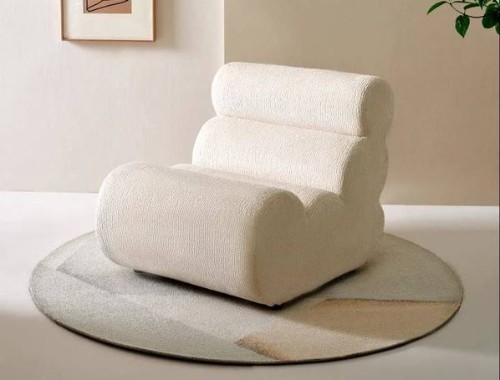It was a good week for the bedding industry on the mattress recycling front.
In Connecticut, the nation's first mattress recycling bill was signed into law by Conn. Gov. Dannel Malloy. The bill, supported by the International Sleep Products Assn., resulted from lengthy negotiations between the mattress industry and Connecticut state officials. The new law requires an industry-led nonprofit organization to develop a mattress recycling plan for the state by July 2014.
"This is a significant victory for our industry," said Ryan Trainer, ISPA president. "For the past year and a half, ISPA has been focused on legislative options that will improve recycling but not harm our industry. The law requires a sensible, cost-effective approach to mattress recycling that is funded through a small fee collected from consumers at retail."
And in Sacramento this week, California's State Senate approved a mattress recycling bill, backed by ISPA, by a 32-5 bipartisan vote.
"We are very pleased the California State Senate recognizes that SB 254 (the mattress recycling bill) will improve used mattress recycling in the state in a practical and efficient manner," Trainer said. "Since its inception, all stakeholders have been diligently working to craft sound used mattress recycling policy that will benefit consumers, retailers, manufacturers, and the environment. I want to thank the bill's authors, Sens. Loni Hancock and Lou Correa, for their leadership on this issue."
The legislation provides Californians with a comprehensive mattress recycling solution that is consumer friendly, cost effective and efficient, ISPA said. The program is similar to existing recycling systems in California and other states for other consumer products.
The bill now moves to the California Assembly.
SB 254 enjoys a broad range of support from industry, retailers, cities and counties, local elected officials, and waste management organizations. It creates a nonprofit mattress recycling organization that will plan, implement and administer a state system to collect discarded used mattresses, dismantle them and recycle their materials for use in new products. The program will be funded by a fee collected at retail on the sale of new mattresses and box-springs, ISPA said.
"SB 254 simply puts a nominal fee on used mattresses akin to California's paint recycling program," said Shelly Sullivan, a representative for Californians for Mattress Recycling. "It's good common sense legislation that helps Californians improve their recycling performance."
The Connecticut legislation will provide a number of benefits, ISPA officials said. It will increase mattress recycling, create new recycling jobs, and increase the amount of discarded mattress materials that can be used to make new products, they said.
"This result is a terrific example of how an industry can work together to accomplish a common objective," Trainer said. "ISPA and our members in Connecticut worked diligently with state officials to craft legislation that will increase used mattress recycling in the state without damaging our industry or threatening jobs. Grassroots contacts between ISPA members and their elected officials were critical to this success. This legislation will serve as a model for other states considering this issue."


























 沪公网安备31010402003309号
沪公网安备31010402003309号